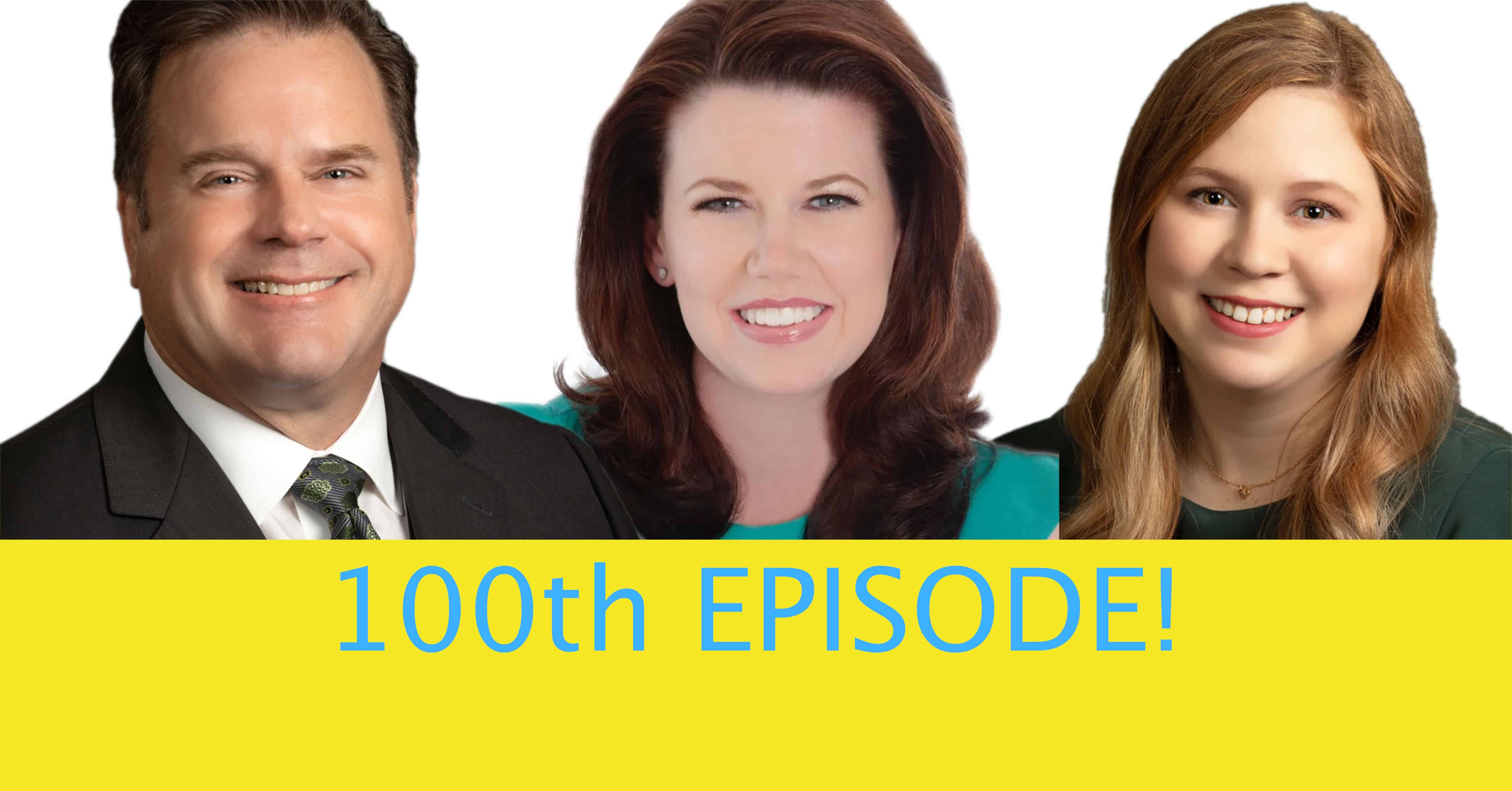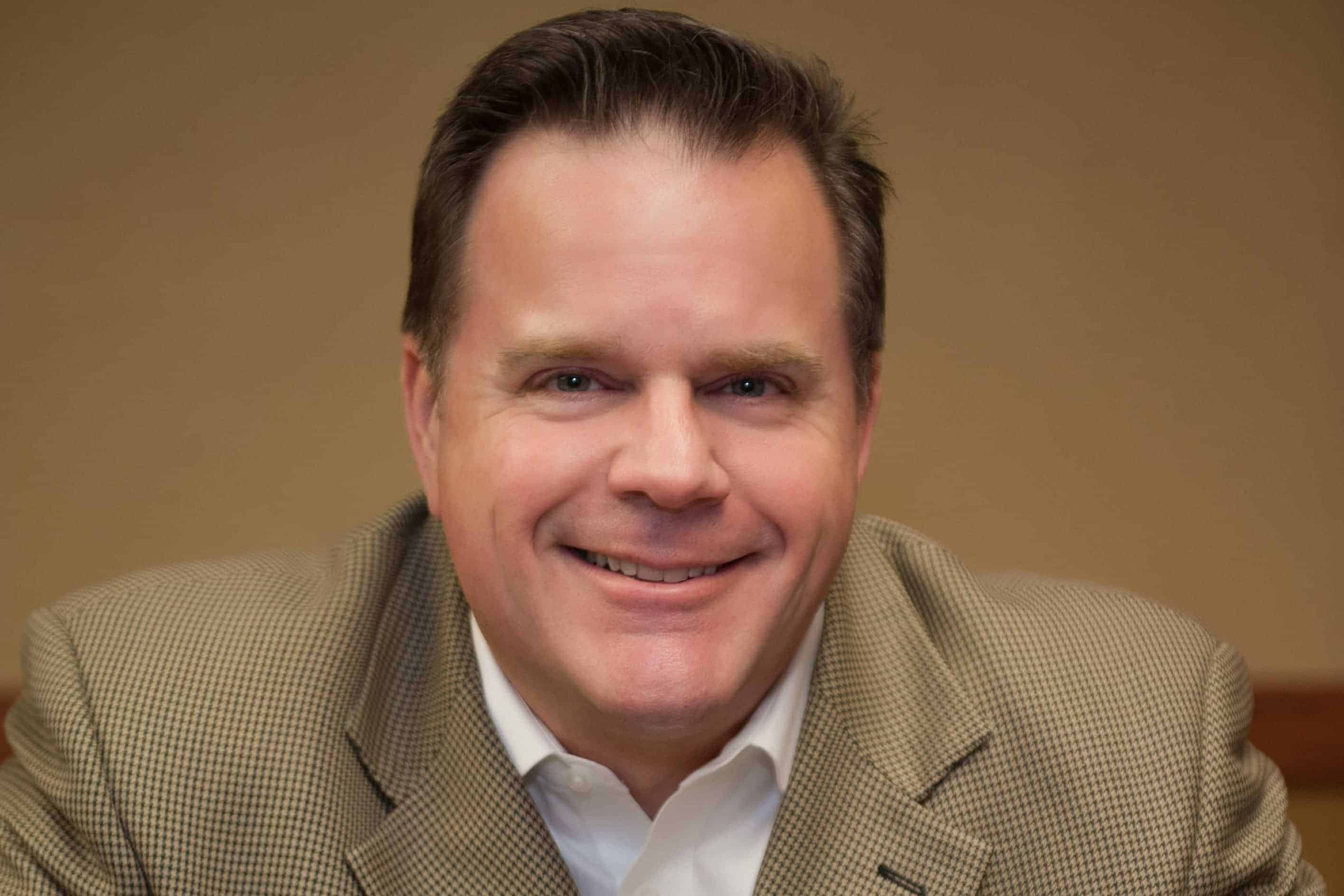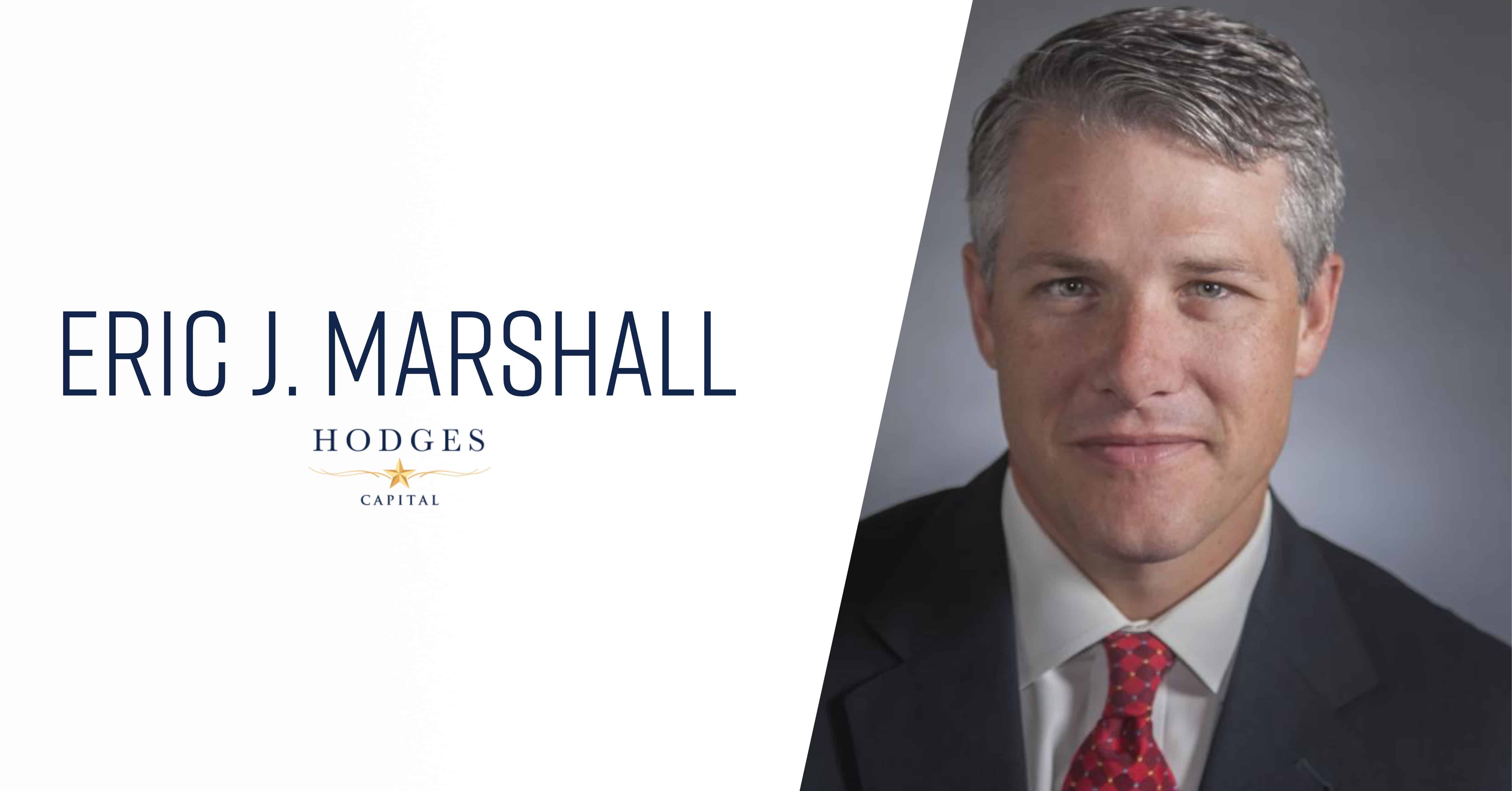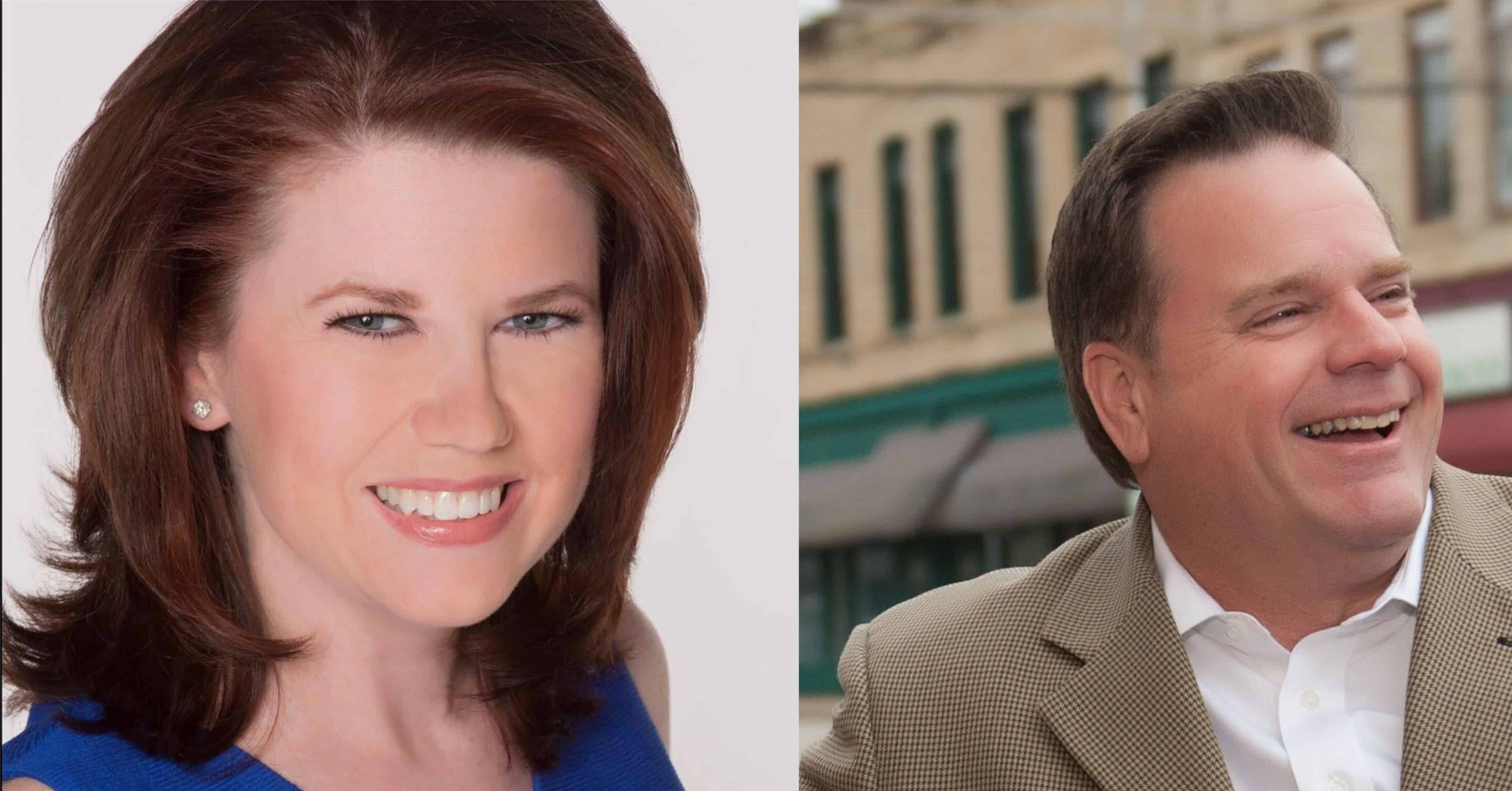One of the curious hobbies I enjoy is reading grave markers when attending a funeral or during a day of honoring our loved ones. My wife often remarks, “What fascinates you with grave markers?” I often smile and simply say, “time”. She looks at me with that look of confusion she gives me and walks back to the family and friends we met while visiting the cemetery.
The primary fascination for me is not simply the design and epitaphs engraved on the stones but rather the dates and the dash between birth and death. This simple mark represents, in some cases, only a few years. In other cases, it represents a century or more. In my journals, I often wax philosophically about time and its power.
Time is an element of life that is studied by physicists and cosmologists that continues to be a mystery to this day. There are many theories about the beginning of time and the passing of it. However, my focus on this powerful environmental phenomenon is the use of the tool. Yes, to me, time is a tool or power that can be wielded in great ways. Conversely, time can be squandered by those who don’t understand its power or their ability to control it.
What is important about time and why write about it in a financial column? When something as powerful as time is not recognized by many until its too late, it would behoove us to begin today with an acknowledgement of all the wonderful attributes and uses of this facet of life. First, time is the creator of all memories for humans. My father, a great storyteller of our family’s history, always starts a story with, “when I was younger…”. Hearing this opening sentence piques my mind and perks up my ears for another great tale of the Williams Family and potential joys and hardships of pioneer life. (As a side note, I am laughing while writing this column as thoughts about my father’s stories of his six mile walk to school which always included unusual terrain like “uphill both ways” and meteorological phenomena such as “in a foot of snow”.)
Second, time is a power that yields exponential benefits. When it comes to investing for your future, you have read many times in this column that time is the one factor we can’t control but can utilize to achieve greatness. A favorite song of mine as a teenager (this may reveal my age) was called, “Time in a Bottle,” by Jim Croce. The songwriter imagines what he would do if he could capture time and use it with his own discretion. Of course, he is dreaming and the song is pure fiction but the writer’s life ended abruptly at the young age of 30 when a single-engine plane in which he was a passenger hit a tree on take-off in 1973. Truly he did not control time or he would have wished for longevity.
One of the benefits of time is the growth of money. By starting to save as young in age as possible, one has the potential to accumulate a significant investment portfolio by retirement age. For example, if you initiate your lifetime savings plan by age 25 and save for the next forty-two years, you will have saved a considerable amount of funds, if invested properly, to retire at age 67. This is called compounding of your investment. What you invest today will, theoretically, earn interest that will then earn interest on itself which compounds or builds your savings at a greater pace as time passes.
Lastly, time is finite for humans. No one throughout history has lived since the beginning of time. Each of us will one day be remembered by the dash placed on our grave marker. This is not meant to be a depressing statement but rather one to empower and motivate you to live a life of abundance creating memories and assets. Your dash can be as powerful as the dash of presidents or celebrities such as Elvis Presley. The world is waiting, and was established, for you to contribute to society for the purpose you were born.
Starting today, smile more, laugh more and serve more to create a story your ancestors will be proud to share of the life you lived with fullness. To help you plan for the future, contact a CERTIFIED FINANCIAL PLANNERTM professional. Your legacy and lifetime fulfillment are in your control. It is time you made a plan to utilize and harness the time in your dash to become a bigger, better and bolder you. See you on the walking trail!











